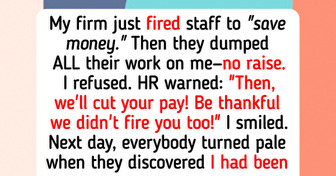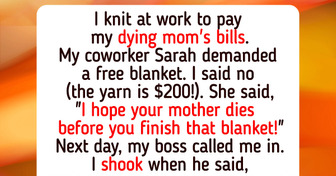“Looks So Much Older,” Henry Cavill Debuts Long Hair and Stuns Fans

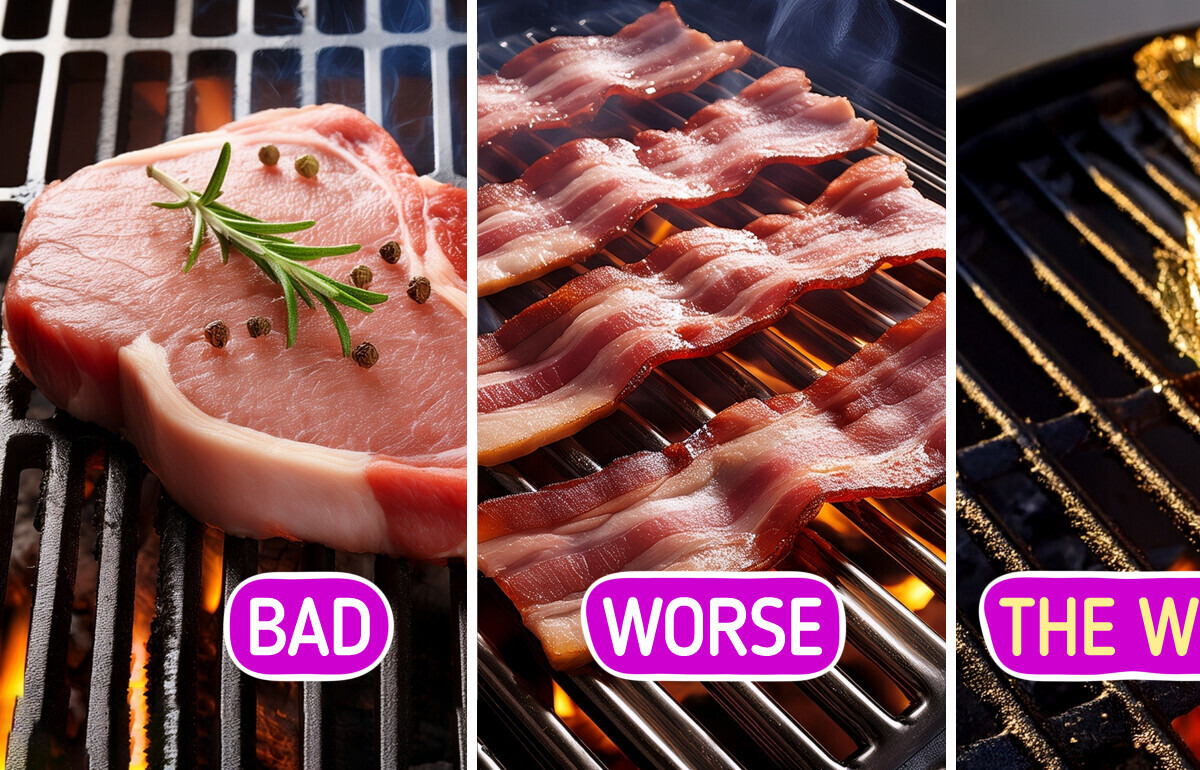
Grilling is one of the most enjoyable ways to cook, especially when the weather’s nice, and you’re in the mood for something smoky and satisfying. But not every ingredient plays nice with open flames. Some foods fall apart, dry out, or create dangerous flare-ups.
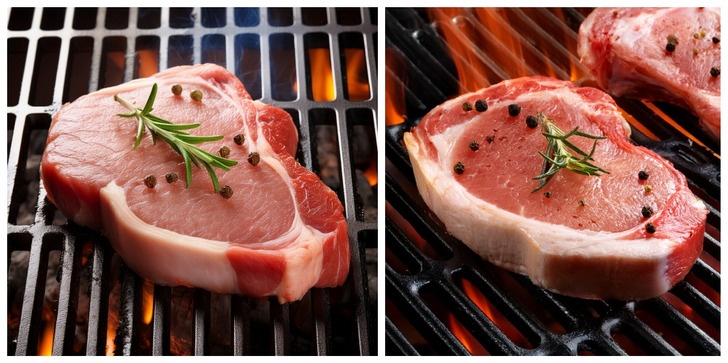
Pork chops might seem like a natural fit for the grill, but most cuts are simply too lean to handle the dry, intense heat. They go from juicy to bone-dry in a matter of minutes, especially if you’re cooking over high flame. The lack of marbling means there’s very little fat to protect the meat.
Grilling pork chops improperly can lead to health risks, such as the development of carcinogenic compounds and the potential for foodborne illnesses from undercooked meat.
Tip: If you must grill pork chops, choose bone-in, thick-cut versions and marinate them in advance to help retain moisture. Use a meat thermometer and aim for 145°F internal temp, then let them rest.
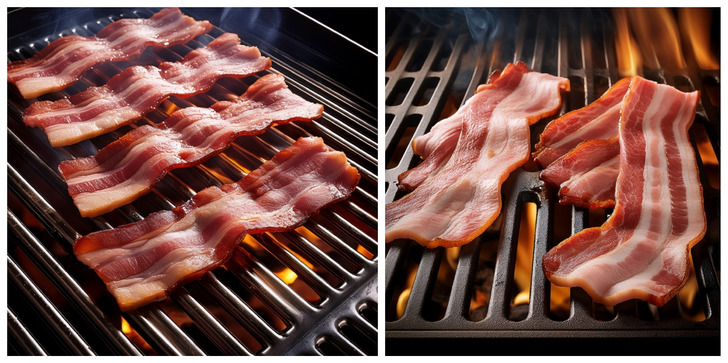
Sure, crispy bacon sounds amazing—but not when it causes a grease fire. Bacon’s high fat content drips onto the flames, creating flare-ups that can char your food, scorch your grates, and send smoke billowing through your backyard. It’s not just a mess—it’s a hazard.
Grilling bacon can be risky because processed meats often contain additives such as nitrates and nitrites. When exposed to high heat during cooking, these additives can form nitrosamines—compounds that are known to be carcinogenic.
Tip: Cook bacon in a cast iron skillet on the grill if you want that smoky flavor without the danger. You’ll still get the sizzle, minus the flare-ups.
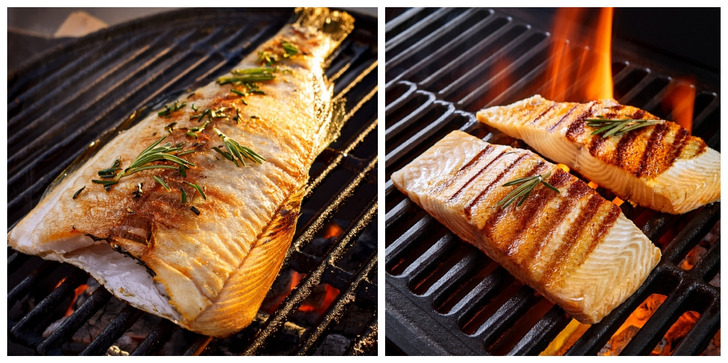
Light, delicate fish like flounder, tilapia, or sole simply aren’t built for the grill. They fall apart at the slightest touch and stick to the grates like glue. What starts as a nice filet often ends as scattered fish flakes and frustration.
Grilling flaky fish can also pose some health risks due to the potential formation of carcinogens, but these risks are typically lower than those associated with grilling high-fat red meat or poultry.
Tip: Use firmer fish like salmon, swordfish, or tuna if you’re set on grilling. For delicate types, wrap them in foil with a bit of olive oil, lemon, and herbs, or use a nonstick grill basket.
Soft cheeses like brie, camembert, or fresh mozzarella don’t belong on the grill—unless you want a lava flow of dairy dripping through your grates. They melt too quickly and lose all structure when exposed to direct heat.
Tip: If you’re set on grilling cheese, try halloumi or paneer, which have higher melting points and hold their shape. Grill in slices until golden and slightly crispy on the edges.
While grilled romaine hearts in Caesar salads have become trendy, most leafy greens—like spinach, arugula, or spring mix—have no business on a grill. They wilt almost instantly, fall through the grates, and often turn into bitter, burnt remnants.
Tip: Stick to grilling heartier greens like kale or cabbage wedges. Brush them with oil and grill over medium heat just until slightly charred.
Veggies sliced too thin—think zucchini coins, onion slivers, or carrot ribbons—are almost guaranteed to burn or fall between the grates. The direct heat is too intense, and their small surface area offers no protection.
Tip: Cut vegetables into larger chunks or slices at least ½ inch thick. Use skewers or grill baskets to keep them intact and easy to flip.
Crack an egg onto your grill grates and you’ll instantly regret it. The whites will seep through the cracks, the yolk will collapse, and cleanup will be a nightmare. Even hard-boiled eggs don’t benefit from the grill — they just get rubbery.
Tip: Use a cast iron skillet or griddle if you want to cook eggs on the grill. You’ll get that smoky flavor without sacrificing the egg itself.
Not all burgers are created equal. Salmon patties, veggie burgers, or bean-based blends often lack the fat and structure to hold together on a grill. They’re likely to stick, fall apart when flipped, or crumble into the coals.
Tip: Freeze delicate patties for 20–30 minutes before grilling to help them firm up. Better yet, cook them on a flat-top or cast iron skillet to keep them intact.
Stuffed bell peppers, zucchini boats, or portobello mushrooms are tasty—but tricky. The filling often melts or overflows, while the outer veggie undercooks. Worse, it can spill out and burn on the grill.
Tip: Grill the vegetable shells first to soften them up, then add the filling and finish on indirect heat or in a grill-safe pan or foil packet.
This grilling staple is actually one of the easiest to mess up. Chicken breasts are lean and can dry out quickly, leaving you with chalky meat and very little flavor. Plus, they often cook unevenly.
Tip: Pound chicken breasts to an even thickness and marinate them beforehand. Cook over indirect heat and finish over high heat for a juicy inside and seared outside. Or, go with boneless thighs for a more forgiving, flavorful option.
Grilling is all about bold flavor, great texture, and that unmistakable charm. But not every ingredient is grill-friendly. Save yourself the frustration (and the cleanup) by choosing the right foods for the grill—and the right methods for the rest.







